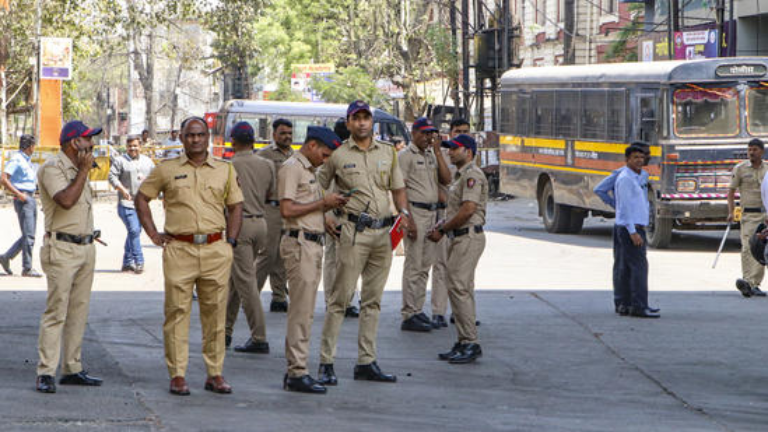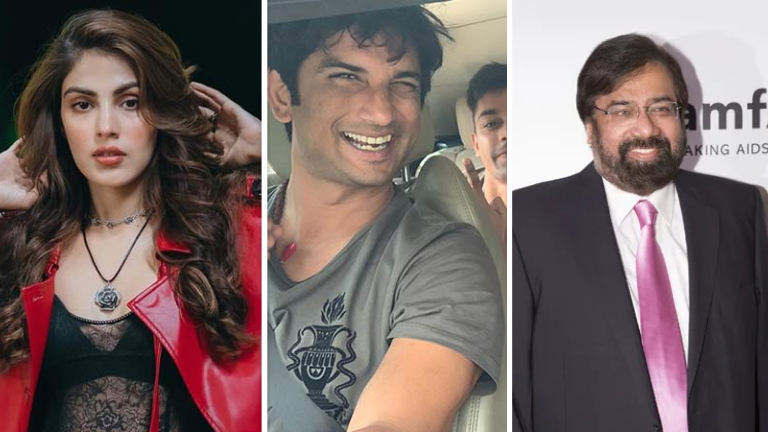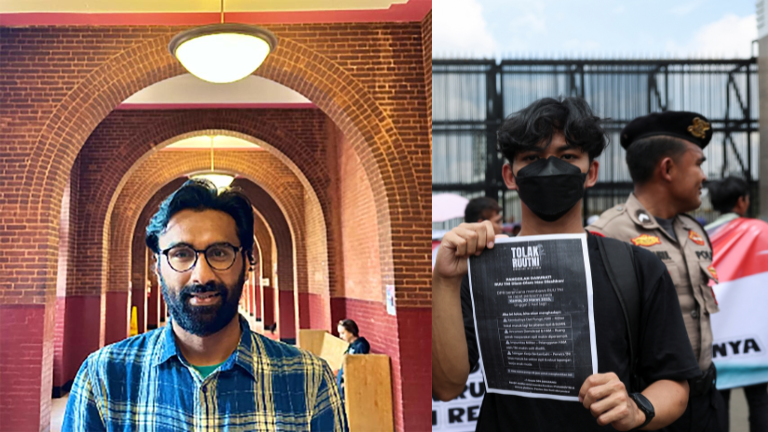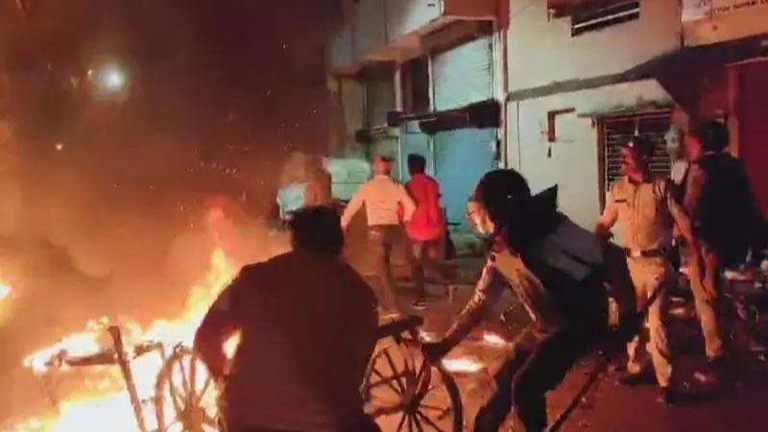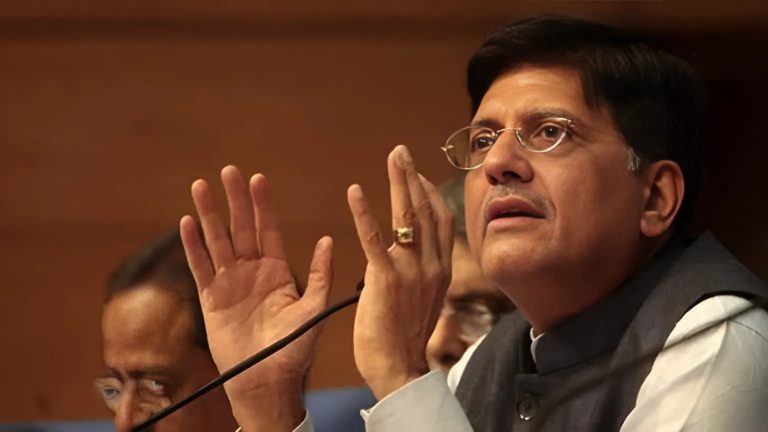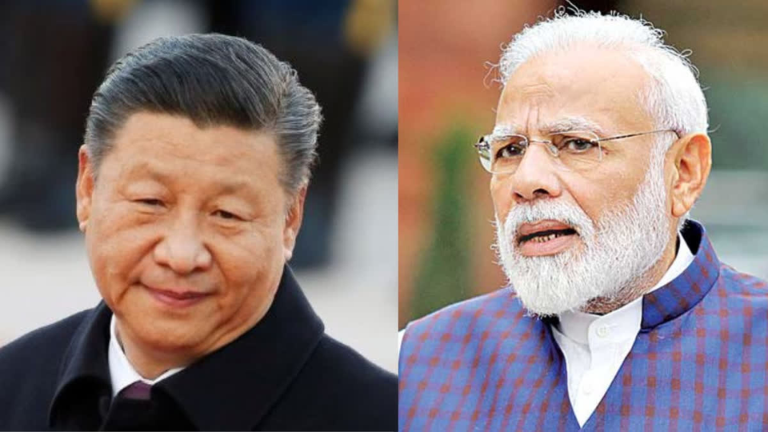Nagpur Violence Sparks Political Debate in Parliament
The Nagpur violence has taken center stage in Parliament, with Congress MP Renuka Chowdhury raising concerns over the breakdown of law and order in the city. She submitted a suspension notice in Rajya Sabha, demanding urgent discussion on the worsening communal situation in Maharashtra’s second-largest city.
“That this house do suspend Zero Hour and relevant rules relating to Question Hour and other scheduled business to deliberate on the complete breakdown of communal harmony and law and order in Nagpur. In its 300 years of dynamic existence, Nagpur has never experienced riots,” read the notice by Renuka Chowdhury.
The Nagpur violence erupted following rumors of religious text desecration during a protest by right-wing groups demanding the removal of Mughal emperor Aurangzeb’s tomb from Maharashtra. The situation quickly escalated, leading to stone pelting, vandalism, and arson, prompting police to impose a curfew in parts of the city.
What Triggered the Nagpur Violence?
The Nagpur violence began when members of Vishwa Hindu Parishad (VHP) and Bajrang Dal gathered near Shivaji Maharaj’s statue in Nagpur’s Mahal area on March 17, demanding the removal of Aurangzeb’s tomb from Maharashtra.
- Protesters burned a photo of Aurangzeb and a symbolic grave covered in a green cloth, which inflamed communal tensions.
- Soon after, stone pelting began, vehicles were set on fire, and police officers were attacked.
- Reports confirmed that four people were injured, while more than a dozen police personnel sustained injuries in the clashes.
- 50 individuals have been detained so far in connection with the Nagpur violence.
According to the curfew order issued by Nagpur Police Commissioner Ravinder Kumar Singal:
“They raised slogans and burned a photo of Aurangzeb and a symbolic grave in a green cloth (filled with grass). Stones were thrown at police, and several vehicles were set on fire.”
The Nagpur violence has put the law enforcement agencies on high alert, with authorities urging citizens to maintain peace and avoid misinformation.
Curfew Imposed in Nagpur After Violence Escalates
As the Nagpur violence intensified, authorities imposed a curfew in the affected areas to prevent further clashes.
The curfew restricts movement, and additional police forces have been deployed to bring the situation under control. The Maharashtra government has assured citizens that strict action will be taken against those responsible for inciting violence.
Congress Blames Devendra Fadnavis for Nagpur Violence
During the parliamentary debate, Congress MP Renuka Chowdhury directly blamed Maharashtra Chief Minister Devendra Fadnavis for failing to control communal tensions, leading to the Nagpur violence.
“Attempts were made by none other than the Chief Minister to weaponize 300-year-old history to create divisions, distractions, and unrest. It is the Constitutional duty of the CM to maintain peace, harmony, and uphold law and order, but he has failed in his Rajdharma,” said Chowdhury.
The Congress party has accused Fadnavis of deliberately allowing tensions to escalate, while the BJP has dismissed these allegations, calling them politically motivated.
Union Minister Nitin Gadkari Appeals for Peace Amid Nagpur Violence
Union Minister and Nagpur MP Nitin Gadkari has urged people to remain calm and not believe in rumors regarding the Nagpur violence.
Similarly, Chief Minister Devendra Fadnavis has requested citizens to cooperate with law enforcement and help restore peace in the city.
“The police are doing their job, and I request people to maintain peace and harmony. There is no need to fall for misinformation,” said Fadnavis.
With Nagpur still on high alert, the government has emphasized that strict legal action will be taken against those inciting violence.
Nagpur Violence: Political and Social Repercussions
The Nagpur violence has sparked a heated political debate, with both BJP and Congress blaming each other for the escalation of communal tensions.
While Congress has accused the Maharashtra government of failing to control the situation, the BJP maintains that law enforcement agencies are handling the matter effectively.
Key Takeaways from Nagpur Violence:
- Protests over Aurangzeb’s tomb removal demand led to violent clashes.
- Stone pelting, vehicle arson, and police injuries were reported.
- Curfew imposed to prevent further escalation.
- Congress blames CM Devendra Fadnavis for failing to maintain law and order.
- Union Minister Nitin Gadkari and CM Fadnavis appeal for peace.
- 50 individuals detained, and investigations are ongoing.
What’s Next After the Nagpur Violence?
Authorities are closely monitoring the situation in Nagpur, ensuring that no further violence erupts.
- More arrests are expected as investigations continue.
- Opposition parties will likely keep raising concerns in Parliament over law and order failures.
- The Maharashtra government faces growing pressure to take decisive action against those responsible for inciting communal clashes.
As the Nagpur violence remains a hot topic in both political and social discussions, all eyes are now on how the state government will handle the aftermath.

